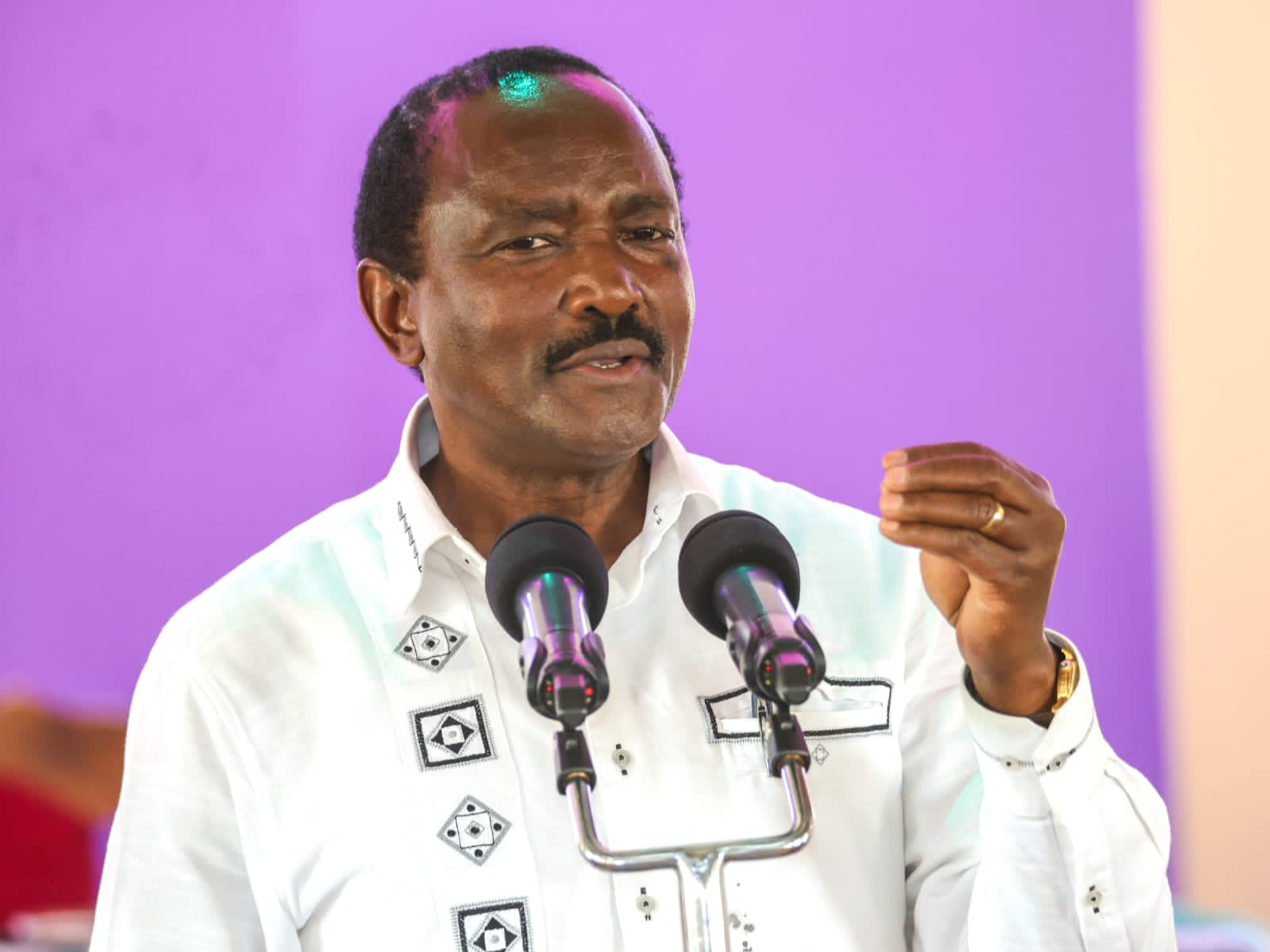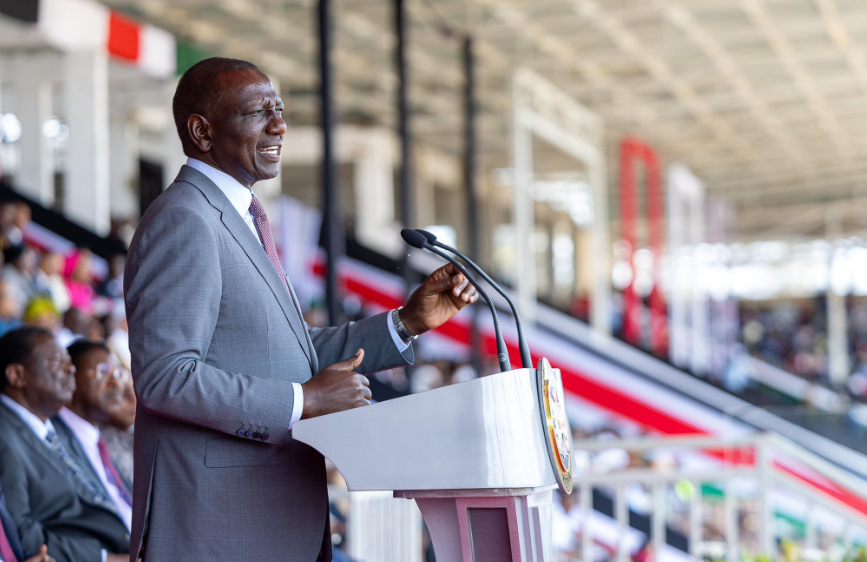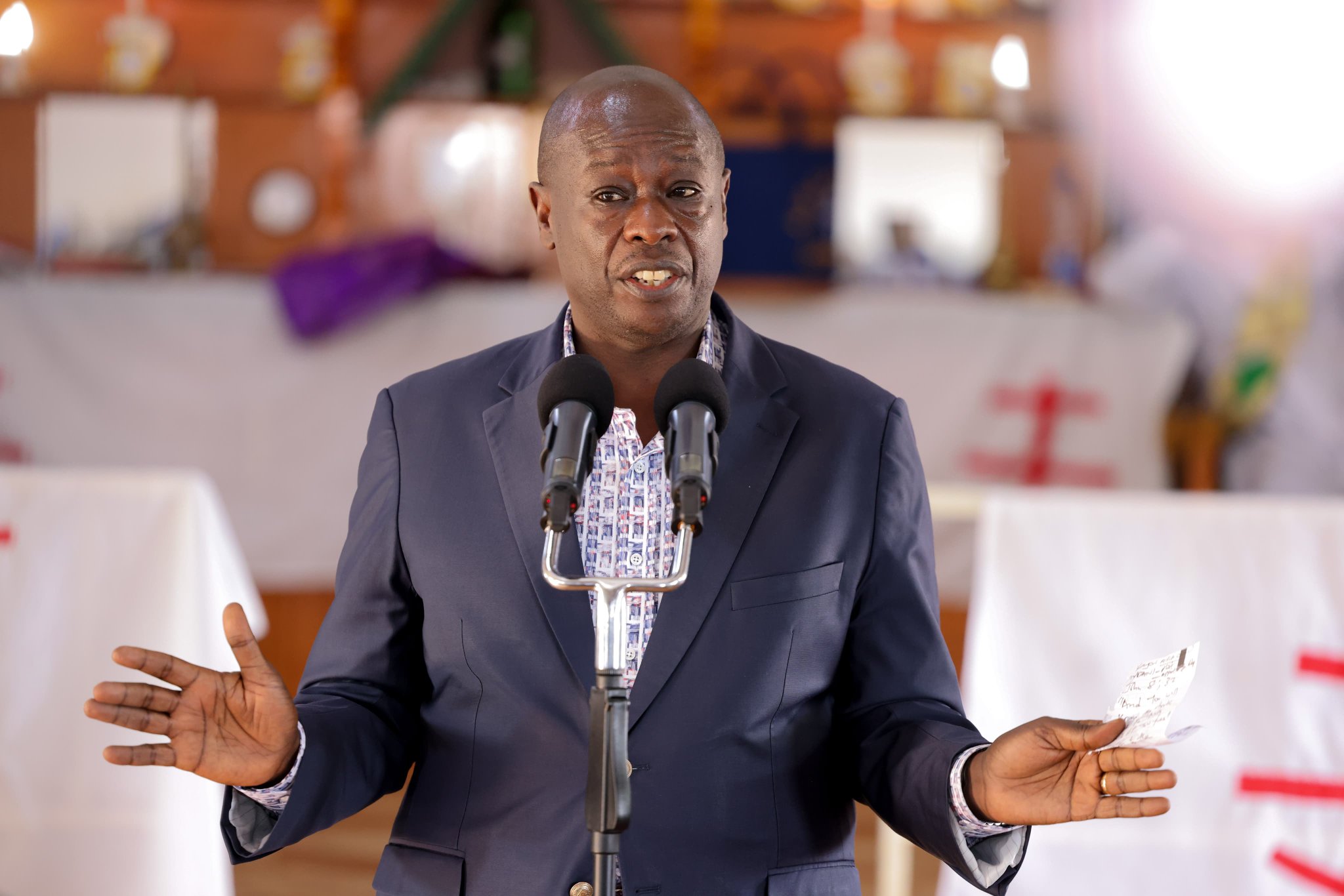Infotrak poll: 73 per cent of Kenyans believe the country is headed in wrong direction

73 per cent of Kenyans are convinced that the country is headed in the wrong direction, a recent poll has revealed.
The poll conducted last on October 9, 2024, by Infotrak stated that the figure significantly surged up from an initial 50 per cent in September.
Regionally, respondents from Nairobi registered the highest percentage at 78 per cent that the country was headed in the wrong direction followed by the North Eastern region at 76 per cent. Central and Eastern regions also recorded higher percentages at 76 per cent both while Rift Valley’s figure stood at 72 per cent.
Nyanza and the Coast region registered a 70 per cent approval that the country was headed in the wrong direction while only 68 per cent of respondents believed so.
Reasons for wrong direction
Top of the reasons why the respondents said the country is headed in the wrong direction was bad governance, high cost of living, unemployment, corruption, poor infrastructure, tribalism and extra-judicial killings among other pressing issues.
However, 15 per cent of the respondents noted that they were unaware whether the country was headed in a bad or good direction.

On the other hand, 11 per cent of the respondents submitted that the country was on the right path, citing that the government was doing well, the cost of living was affordable, and the country had good infrastructure. The respondents also stated that the economy was stabilizing and that education and healthcare had significantly improved.
40 per cent of the respondents blamed the high cost of living for their take that the country was headed in the wrong direction while 29 per cent cited unemployment and 27 per cent fingered access to affordable healthcare.
North Eastern, Western and Nairobi regions topped the list with the highest number of respondents blaming the wrong direction on the high cost of living.
However, the survey also showed that the cost of living was felt more significantly by the male population at 42 per cent compared to their female counterparts at 37 per cent.
Other issues which informed the respondents’ answers were transport infrastructure and roads, access to quality and affordable education, over-taxation, access to clean water, cost of doing business, crime and insecurity, youth empowerment and the distribution of national resources.
The other contributors to the responses were tribalism, the cost of farm inputs and fertilizers, public participation and the Social Health Authority.











